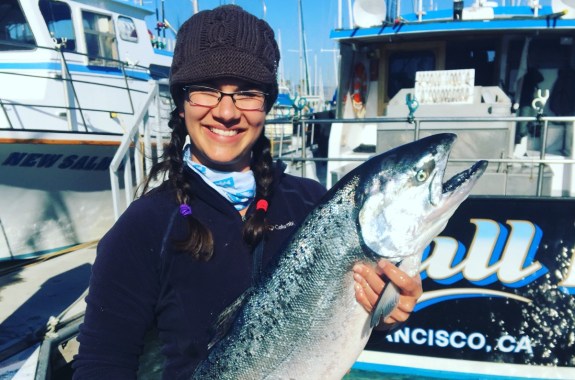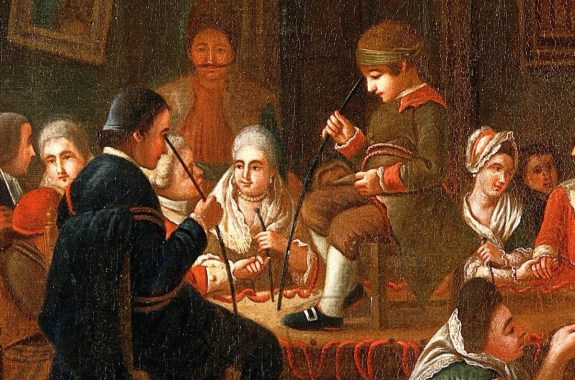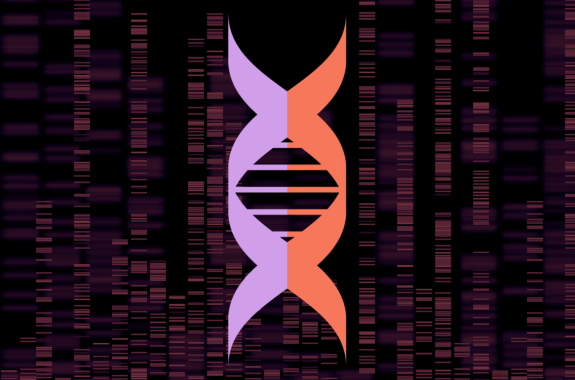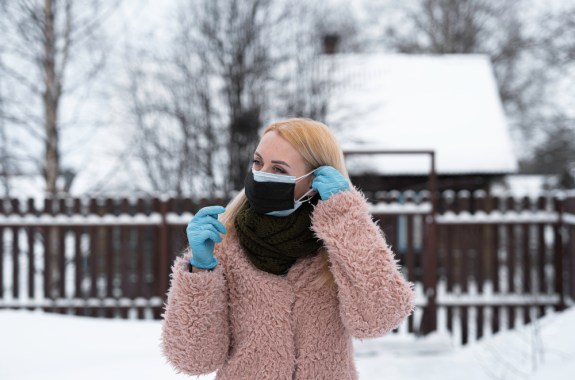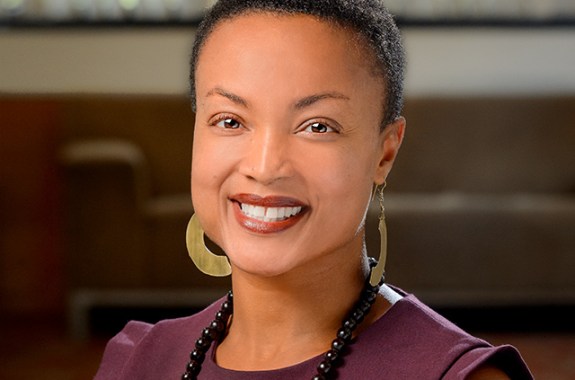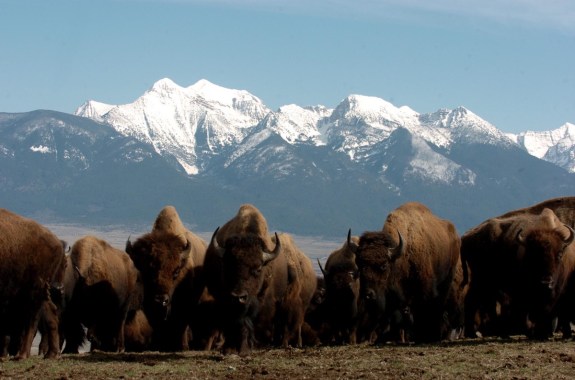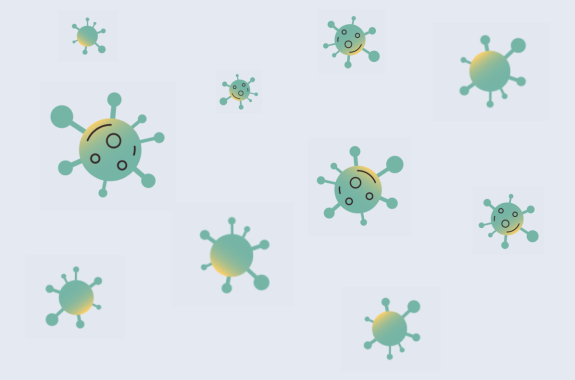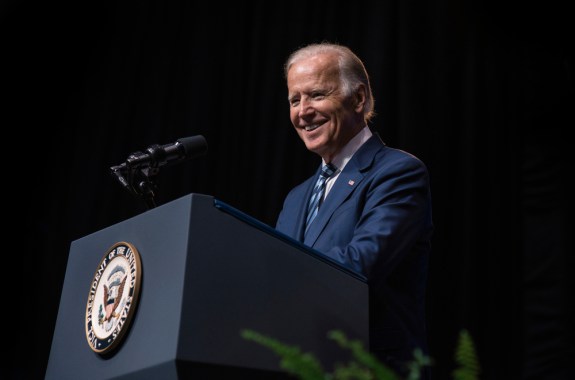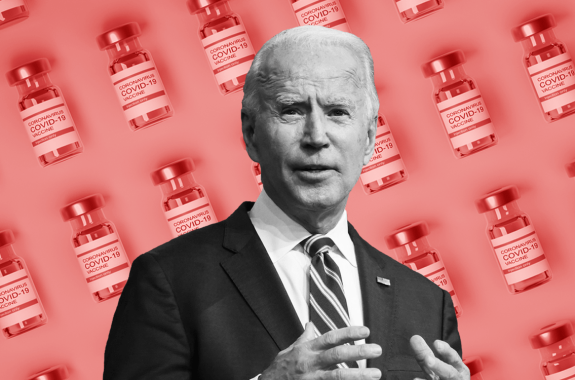Award winning science correspondent and TV journalist Ira Flatow is the host of Science Friday, heard on public radio stations across the country and distributed by WNYC Studios. He anchors the show each Friday, bringing radio and Internet listeners worldwide a lively, informative discussion on science, technology, health, space, and the environment. Ira is also founder and president of the Science Friday Initiative, a 501 (c)(3) non-profit company dedicated to creating radio, TV, and Internet projects that make science “user-friendly.”
Flatow’s interest in things scientific began in boyhood—he almost burned down his mother’s bathroom trying to recreate a biology class experiment. “I was the proverbial kid who spent hours in the basement experimenting with electronic gizmos, and then entering them in high school science fairs,” Flatow says. Mixing his passion for science with a tendency toward being a bit of a ham, Flatow describes his work as the challenge “to make science and technology a topic for discussion around the dinner table.”
He has shared that enthusiasm with public radio listeners for more than 35 years. As a reporter and then news director at WBFO-FM/Buffalo, New York, Flatow began reporting at the station while studying for his engineering degree at State University of New York in Buffalo. As NPR’s science correspondent from 1971 to 1986, Flatow found himself reporting from the Kennedy Space Center, Three Mile Island, Antarctica, and the South Pole. In one memorable NPR report, Flatow took former All Things Considered host Susan Stamberg into a closet to crunch Wint-O-Green Lifesavers, proving they spark in the dark.
His most recent book is entitled Present At The Future: From Evolution to Nanotechnology, Candid and Controversial Conversations On Science and Nature (HarperCollins).
On television, Flatow has discussed the latest cutting edge science stories on a variety of programs. He also hosted the four-part PBS series Big Ideas, produced by WNET in New York. His numerous TV credits include six years as host and writer for the Emmy award-winning Newton’s Apple on PBS, science reporter for CBS This Morning, and cable’s CNBC. He wrote, produced, and hosted Transistorized!, an hour-long documentary about the history of the transistor, which aired on PBS. He has talked science on many TV talk shows including Merv Griffin, Today, Charlie Rose, and Oprah. He has co-starred twice on the CBS hit series The Big Bang Theory.
On the Internet, Flatow has hosted numerous science-related web casts for Discovery Online, The Great Planet Debate, and the American Museum of Natural History in New York.
In print, Ira has authored articles for various magazines ranging from Woman’s Day to ESPN Magazine to American Lawyer. His commentary has appeared in The Los Angeles Times, and Current newspapers. Public speaking and moderating discussions are a regular part of his schedule. He has spoken at Rockefeller University, the World Economic Forum, Sun Microsystems, Hewlett Packard, Calvin Academy, Cal Tech, MIT, Harvard, University of Wisconsin, OSHU, National Inventor’s Hall of Fame, and the Kentucky Author Forum. In 2004, Ira was resident scholar at Woods Hole Oceanographic Institute. His recent honors include: the Isaac Asimov Award (2012,) the Nierenberg Prize (2010), Connecticut Academy of Science and Engineering, membership (2008), National Science Teachers Association Faraday Science Communicator Award (2007), the National Science Board Public Service Award (2005), World Economic Forum Media Fellowship (2005), AAAS Journalism award (2000), Brady Washburn Award (2000), and the Carl Sagan Award (1999). Ira is member of the National Association of Science Writers, AFTRA, and Screen Actors Guild. His hobbies include tennis, golf, gardening (especially orchids), and electronic gadgets. He loves the theater. A native of New York, Flatow now lives in Connecticut.
11:59
Seeing The World Through Salmon Eyes
Dissecting eyes is helping measure what fish eat—and the value of different habitats.
5:51
Meet The Man Behind The Word ‘Mesmerize’
Season three of Science Diction begins with the story of a doctor, his peculiar methods, and the power of the mind.
28:13
Two Decades Beyond The First Full Map Of Human DNA
It took 13 years for an international group of scientists to sequence the human genome. Today, genetic research faces new hurdles.
12:09
The Thinking Behind New Double-Masking Recommendations
Why the CDC may update its guidance on masking, plus more science news stories from the week.
17:02
This Biden Appointee Is Bringing Justice To Green Energy
The nation’s first presidential appointee for energy justice talks moving to clean energy, without leaving the most vulnerable behind.
12:17
National Bison Range Returns To Indigenous Management
European settlers took the land that became the National Bison Range from Native Americans. In December, that land was given back.
16:26
Ancient Cities Provide A New Perspective On Urban Life
In a new book, Annalee Newitz looks to some of the greatest ancient civilizations around the world to discover the rise and fall of urban centers.
17:16
Will Vaccines Work Against New Variants Of The Coronavirus?
Vaccines are being tested against new variants of the coronavirus. Here’s what the latest data are telling us.
11:48
A New President, A New Climate Policy
In his first week in office, President Biden took multiple actions to address the climate crisis.
23:44
Deploying President Biden’s ‘Wartime’ COVID-19 Plan
President Biden’s national COVID-19 relief effort aims to administer 100 million vaccinations in 100 days.
